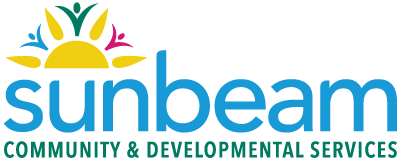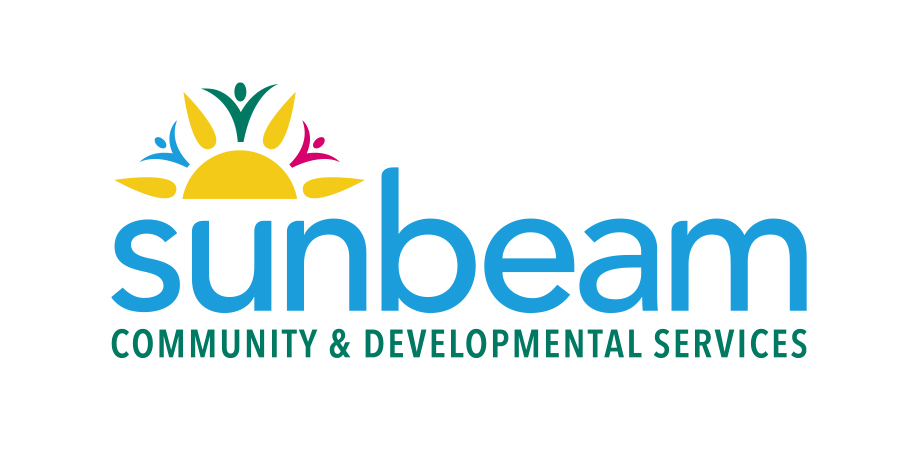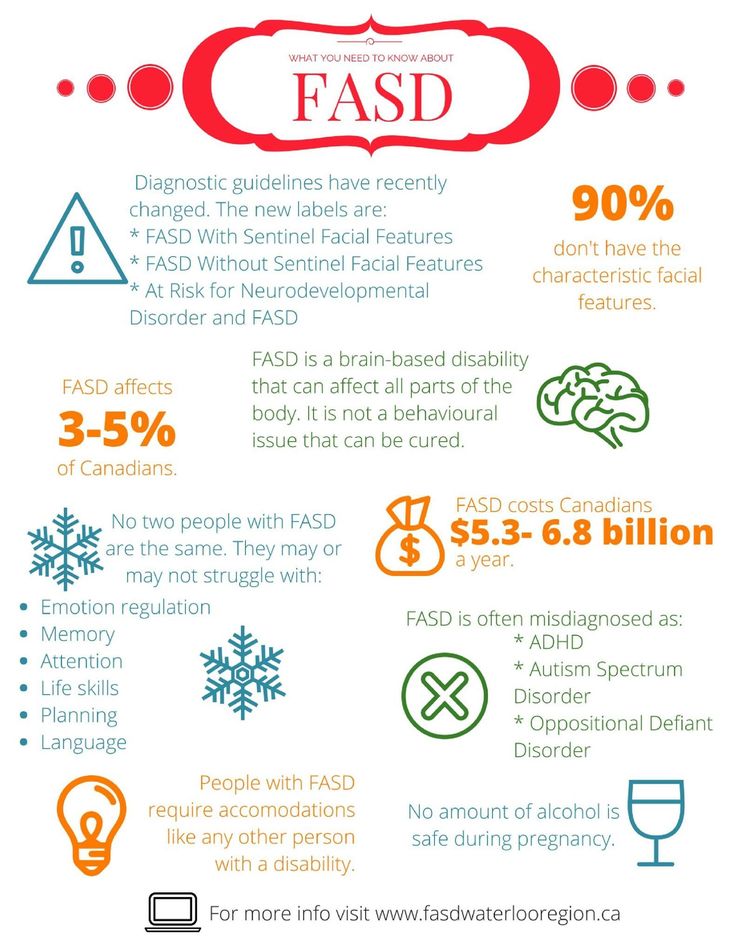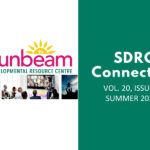For 10 years, Karen Huber has worked closely with community partners to lead the development of local Fetal Alcohol Spectrum Disorder (FASD) programming and services in the region, as well as curate information on www.fasdwaterlooregion.ca to help parents and caregivers support their children. Karen said, “these kids found a place in my heart – because there was little support.”
In 2017, Karen Huber moved from Lutherwood to Developmental Services Resource Centre (DSRC) due to new ministry funded positions. Previously, there was no government-level support; everything was accomplished with the help of grants. Through grant funding, Karen and her colleagues created a community of practice, established a diagnostic clinic, and advocated to the government.
Thanks to individuals like Karen and her colleagues, the ministry has now allotted 26 million dollars over 4 years to accomplish a few goals: hire 50 community-based, FASD workers across the province, develop a one-stop shop website, and establish caregiver support networks. Karen is one of those FASD workers, and is actively supporting families in Waterloo Region. This support includes community and caregiver training, navigating services, making referrals for families to new services, and answering questions about FASD. As well, Karen sits on many committees and working groups in Waterloo Region to ensure work is not being done in isolation.
It was primarily through the development of the new, one-stop shop website that Karen Huber was recognized for her great expertise, insight, and accomplishments. Earlier this year, she and a colleague, Judy Kay from Thunder Bay, were asked to speak at the Best Start Conference. Karen was thrilled that two ministry representatives were in attendance at their presentation. The question on Karen’s mind then was: Why are we funding single-focused, Autism clinics? Why aren’t we funding clinics that will see all kinds of kids’ brains? “It’s a better use of funds and we’ll be getting the diagnosis right.”
About FASD, Diagnosis, & Prevention
FASD describes the range of effects that can occur in an individual whose mother drank alcohol during pregnancy. The primary disabilities associated with FASD are difficulties with attention, filtering sensory information, language, memory, planning and initiating activities, regulating emotions and life skills. Often these children and youth have normal intelligence but have difficulty using the information they have in an organized fashion.
FASD affects approximately 4% of the population. It is 2.5 times more prevalent than Autism. It’s highly suspected that the diagnosis rate is low, due to a lack of understanding and awareness, and an ever-present stigma around the diagnosis.
Educated women over the age of 35 is the growing population with alcohol exposed pregnancies. This is not something that is happening only to marginalized individuals. There are many, many kids out there who are misdiagnosed or undiagnosed. “We need to start getting that right before we can start providing services,” said Karen. “Even though it’s a sad day [when a child receives an FASD diagnosis], as it’s a permanent disability, you now know what the areas of strength and need are for the individual and you can start planning accordingly.”
There is no known safe amount of alcohol during pregnancy. To learn more about why and how to have an alcohol-free pregnancy visit here. According to Karen, alcohol use is on the rise, particularly women’s alcohol use and accessibility of alcohol is also on the rise. Just because a woman drinks alcohol during her pregnancy, does not mean their child will have an FASD, but it’s a risk factor. A sober pregnancy is a safer pregnancy.
Learn more:
If you have questions about FASD you can get in touch with Karen Huber here, or visit any of the resources listed below:







